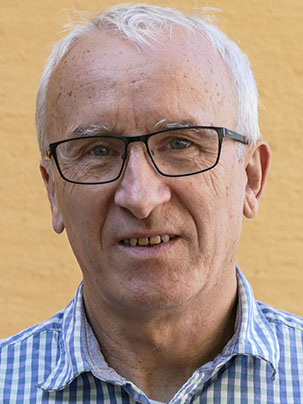
Event location
Guest Speaker Seminars will take place at Seminar Room 218, FHH (Frederik Holsts hus), 12:15-13:30.
Zoom link for those wishing to attend online.
Abstract
Tuberculosis as a chronic infectious disease seems to sit oddly with common definitions of what is to be considered epidemic or endemic. The chosen wording of an ‘ongoing epidemic’ in the title of a recent editorial in a medical journal reflects the instance that tuberculosis’ sheer presence suggests epidemic character but also reminds us that the same presence can hardly be understood as an event in space and time as one would presume for an epidemic. Consistently, while the conditions presence is often endemic in character, the term itself is rarely employed to describe how tuberculosis is entrenched in regions, communities and social classes.
One of the few situations where the question of an epidemic or endemic character was explicitly addressed was in studies of African tuberculosis between the wars. Around 1930, researchers were exploring its presence in Africa, and many were favouring Lyle Cummins’ hypothesis that much like European colonisation, the condition was a recent arrival in Africa and that there was a quickly spreading epidemic into a susceptible population. In my paper, I will look at the epidemiological surveying that was done in Northern Tanganyika in exploration of Cummins’ theory. The surviving epidemiological and clinical notes provide insight into different dimensions of the process: They show the conditions of knowledge production under colonial rule. Surveyors were often poorly trained and hardly connected to academic debates in elite science. Surveys also became part of colonial rule on the ground. They could easily attract patients even if they had no effective treatment to offer. Such patients, if they wanted access Western medicine, had hardly anywhere else to go. Finally, there were the problems of challenging a popular theory when available data – as they were – supported it less and less.
Bio:
Christoph Gradmann is Professor of the history of medicine at the University of Oslo, Department of Community Medicine and Global Health. His research interests range from the intellectual history of interwar Germany, through 19th century medical bacteriology, medicine and war, 20th drug development, antibiotics resistances to the history of tuberculosis in global health, East Africa in particular. Such interests have resulted in a considerable oeuvre with several monographs, numerous editions, guest editorships and many papers.
Full CV of Professor Christoph Gradmann.